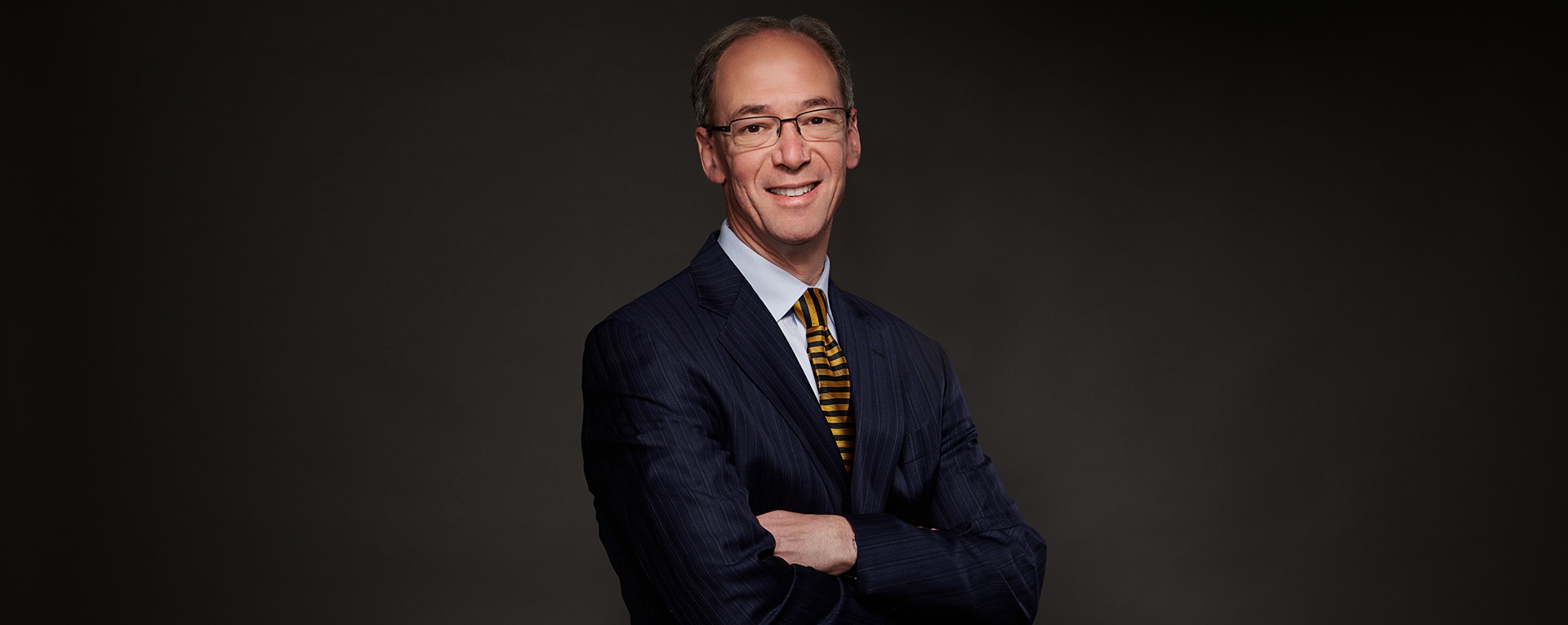- Who We Serve
- What We Do
- About Us
- Insights & Research
- Who We Serve
- What We Do
- About Us
- Insights & Research
Running Hot and Cold
Chief Economist Carl Tannenbaum discusses Europe's transition away from Russian energy.
Hi, I'm Carl Tannenbaum, chief economist for Northern Trust. It seems to me that people often choose partners who have a completely different sense of proper temperature. One is usually too warm, the other too cold. Wrestling over the thermostat is known to cause challenges for even the best relationships.
Europe has been wrestling with a thermostat challenge ever since Russia invaded Ukraine more than two years ago. In the early weeks of the war, Russia restricted the supply of natural gas to other European countries, and key pipelines were the object of sabotage. Those developments initiated a jump in energy prices and a scramble to be ready for winter 2022.
It wasn't easy or inexpensive, but Europe succeeded in getting enough natural gas into storage to be ready for seasonal demand. Purchases of Liquefied Natural Gas, or LNG, from the United States, among others, helped considerably. Conservation measures were taken, and a relatively mild winter provided a welcome assist. The continent came through last winter better than feared.
This most recent winter offered a repeat performance. Europe entered the season with substantial reserves, and winter temperatures were the second highest in the last 10 years. The regional economy also played a role. The industrial sector has been in recession for several quarters, reducing its demand for power.
Favorable supply and demand conditions have provided Europe some time to adapt more permanently to life without Russian fuel. The continent is busily constructing new terminals to receive LNG, and exporters have moved to increase output. In January, however, President Biden announced a pause on pending LNG projects.
Analysts saw two motivations for the move. One was that supporting dependence on natural gas might slow the transition to fuels that are more environmentally friendly. The second was economic. Rising exports have increased natural gas prices in the United States and made them more volatile.
The current situation illustrates what economists have called the energy trilemma, a state in which there are three goals but where only two can be achieved. The world wants cheap energy. It wants clean energy. And it wants to source energy from reliable partners. Western countries have been seeking to balance these elements since the first Arab oil shocks of 50 years ago. Solutions are no nearer today than they were back then.
Europe's energy resilience over the past two years has been impressive, but the future remains uncertain. Downward pressure on thermostat settings and upward pressure on trade relations may not subside for a while. And that's the view from here.

Subscribe to Publications on Economic Trends & Insights
Gain insight into economic developments and our latest forecasts for the United States.
Information is not intended to be and should not be construed as an offer, solicitation or recommendation with respect to any transaction and should not be treated as legal advice, investment advice or tax advice. Under no circumstances should you rely upon this information as a substitute for obtaining specific legal or tax advice from your own professional legal or tax advisors. Information is subject to change based on market or other conditions and is not intended to influence your investment decisions.
© 2025 Northern Trust Corporation. Head Office: 50 South La Salle Street, Chicago, Illinois 60603 U.S.A. Incorporated with limited liability in the U.S. Products and services provided by subsidiaries of Northern Trust Corporation may vary in different markets and are offered in accordance with local regulation. For legal and regulatory information about individual market offices, visit northerntrust.com/terms-and-conditions.